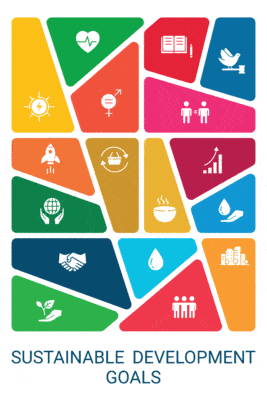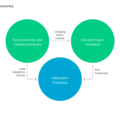Innovations for sustainability in a post-pandemic future

© #5263ff | Dreamstime
TWI2050 is a global research initiative that brings together a network of more than 150 participants, including leading policymakers, analysts, and modeling teams from 60 organizations around the world to collaborate on developing pathways toward sustainable futures and the policy frameworks needed for implementing the Sustainable Development Goals (SDGs) and achieving transformational change.
In 2020, the initiative released its third report titled, Innovations for Sustainability: Pathways to an efficient and sufficient post-pandemic future, which outlines strategies to harness innovation for sustainability with a particular focus on human wellbeing. The publication aims to provide possible pathways to a sustainable post-COVID world that will divert from the ‘old’ alternatives that both transcend the planetary boundaries and leave billions behind.
According to the authors, the COVID-19 pandemic has demonstrated system-wide weaknesses in implementing an early and effective global response, but if the right lessons are learned, there will be significant opportunities to accelerate the societal consensus and political reforms needed to achieve the transformation toward sustainability.
The report highlights the need for better governance for integrated SDG implementation, inclusive political institutions, and the importance of science, technology, and innovation in providing possible solutions for achieving a sustainable future for people and the planet. In this regard, it is suggested that small-scale, granular innovations can be expected to have faster adoption and diffusion, lower investment risk, faster learning, more opportunities to escape lock-in, more equitable access, higher job creation, and larger social returns on innovation investment, which are all advantages that could enable rapid change. The authors also emphasize the prioritization and renewal of the science-policy-society interface for evidence-based transformations built on a culture of trust, academic freedom, communication of accurate information, and a reinvigoration of global science organizations, pointing out that transnational crises require global context-sensitive responses. In this regard, investing financial resources and nonmonetary support to assist local and municipal actors and international organizations will be key.
The report’s findings were presented at several high-level events throughout 2020, including at a virtual side event of the UN High-level Political Forum and the high-level segment of the United Nations Economic and Social Council (ECOSOC) 2020.





